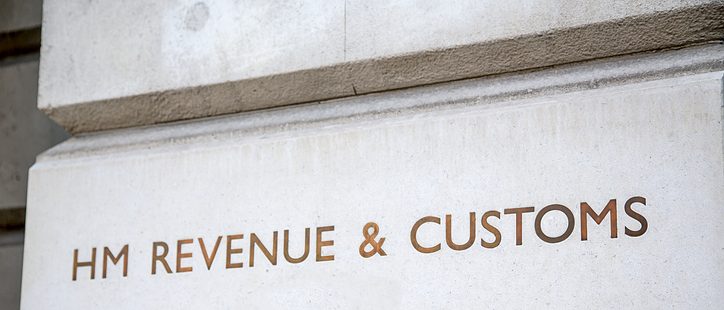Our Opinion: 2020
Growth in self-employed makes taxation taxing

Governments around the world have got a big problem on their hands. What has been their biggest source of revenue for years is going to get that much harder to collect, just as their needs, whether to cover spending programmes or service debts, grow more pressing.
Across the developed world, 50% of government revenue comes from income taxes. The relationship between employer and employee has proved easy to tax: the levy is deducted at source. But that relationship is changing.
In the UK, the number of people working for themselves has grown by 50% since 2000, compared with a 6% rise in employees over the same period. London’s gig economy has grown by 73% since 2010. But this is a global phenomenon. In Europe, Australia and across Asia there are similar levels of growth. By 2030, says EY (formerly Ernst & Young), a full 50% of full-time US workers will be contingent.
Some have criticised the gig economy, saying it exploits people and does not give them the protection they deserve, but surveys show much higher satisfaction levels among the self-employed than among the employed. The large majority of giggers want to stay in contingent work to progress their careers. As we live longer lives many more of us will pursue gig work in what was previously our retirement. Many will embrace multiple income streams as machines whether artificial intelligence (AI), robot or algorithm replace blue- and white-collar workers. Employers like it too. Freelancers dramatically reduce the costs and other burdens of employment.
The tax implications are considerable. First, there is the loss to government of employment and payroll taxes, but far bigger is the problem that income taxes will get harder to collect.
At present there are few systems in place to deduct tax at source from contingent workers. There is vast scope for non-compliance, whether accidental or deliberate. America’s Inland Revenue Service already attributes 44% of its $450bn annual tax gap to the improper compliance of individual business income. In the US, 69% of freelancers surveyed did not even know they had to file quarterly returns.
The response will be to raise taxes for the self-employed and to re-regulate those who employ them. Already UK freelancers who hire themselves out through limited companies have had their dividend taxes increased, while flat VAT rates for the self-employed have also been altered. Meanwhile, employers such as Uber and Hermes have come under pressure through the courts by those seeking to redefine full-time employment and gig work. Tax authorities will try to find ways to deduct presumed income at source from the platforms providing the work and then leave it to the individual to claim back the difference much as withholding tax currently works in the US. But none of this is as clean and simple as old-school income tax.
Tax systems, built around a physical economy, have struggled with the intangible, globalised economy. Look at the problems they have with the likes of Amazon, Facebook and Apple. What happens when workers themselves globalise? One estimate is that by 2035, a billion of the world’s six billion people will be “borderless”, working via the internet in multiple jurisdictions and never spending more than 183 days in any given one. Many will use borderless crypto money, often the most efficient system of payment across the internet, which itself is hard to tax and regulate.
The nations that adapt soonest to the realities of the new, digital, globalised economy around us will be those that thrive best. I don’t see a single British politician talking about, let alone preparing for, any of this.
4th February 2020
